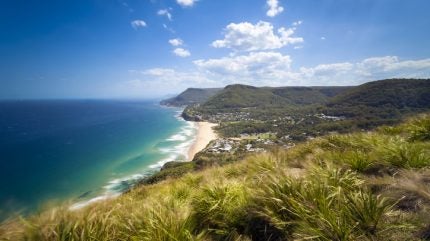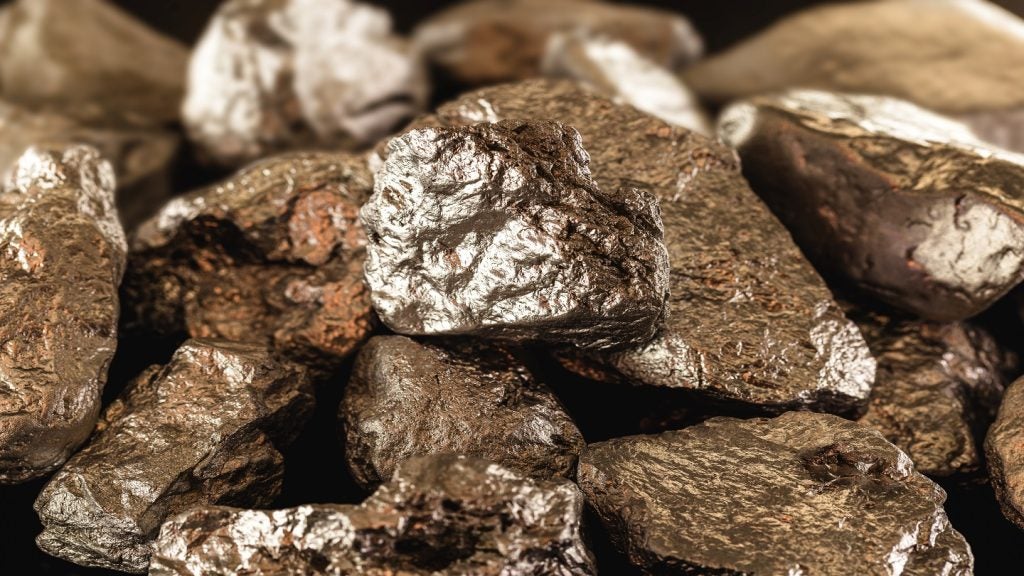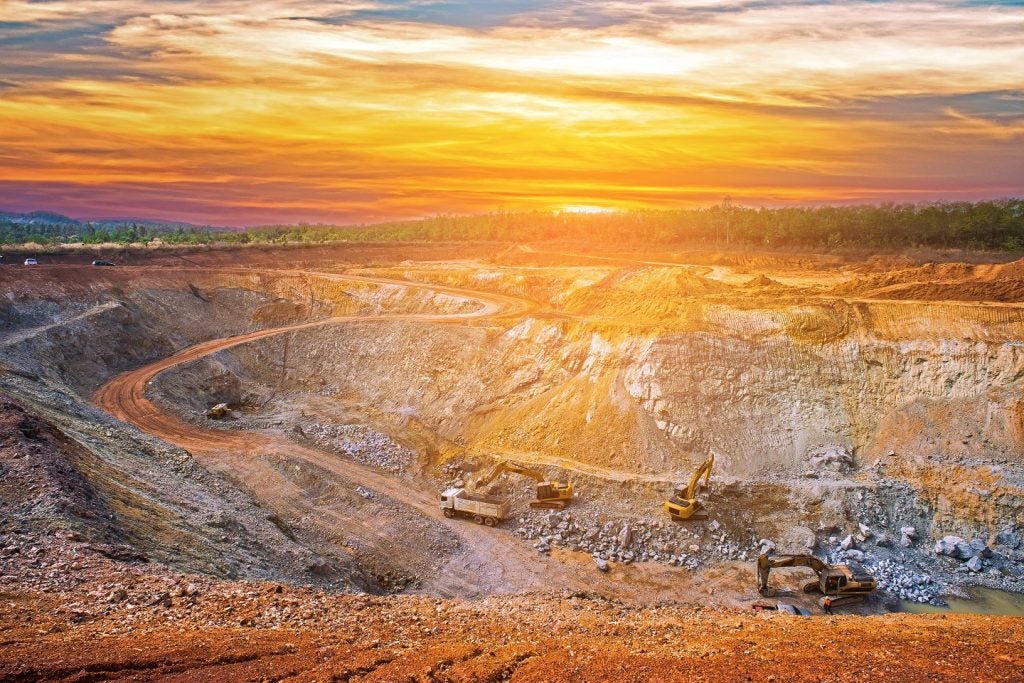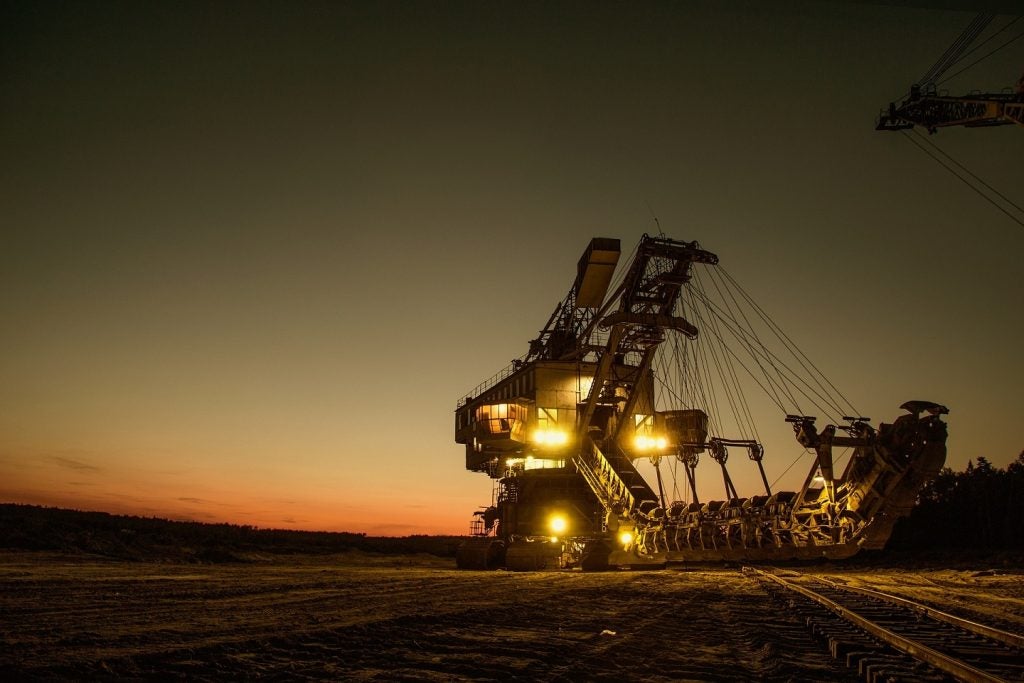
The New South Wales (NSW) Labour Government has banned forms of seabed mining in an effort to protect its beaches and coastal environment.
Having received support across the NSW Parliament to implement the ban, the Environmental Planning and Assessment Amendment (Seabed Mining and Exploration) Bill 2024 amends the Environmental Planning and Assessment Act 1979 to prohibit seabed petroleum and mineral exploration and recovery in NSW coastal waters.
NSW is the first Australian state to ban such activities.
In a press statement, NSW’s Minister for Climate Change and Energy Penny Sharpe said: “The damage from seabed exploration and mining is significant. It threatens our state’s sensitive marine environments, coastal areas and Indigenous heritage. With broad support, the NSW Labor Government has taken a responsible and balanced approach to banning seabed mining and protecting our marine environment into the future.”
The ban will only apply in state-controlled waters, which only stretch three nautical miles from the shoreline. Waters beyond, up to the limit of Australia’s exclusive economic zone, are controlled by the federal government.
The dredging of ports, coastal protection works such as sand replenishment, and the laying of pipelines or submarine cables will be exempt from the bill.
How well do you really know your competitors?
Access the most comprehensive Company Profiles on the market, powered by GlobalData. Save hours of research. Gain competitive edge.

Thank you!
Your download email will arrive shortly
Not ready to buy yet? Download a free sample
We are confident about the unique quality of our Company Profiles. However, we want you to make the most beneficial decision for your business, so we offer a free sample that you can download by submitting the below form
By GlobalDataAccording to a report published by non-profit Planet Tracker at the beginning of March, deep-sea mining could cause up to 25-times more damage to the world’s biodiversity than land-based mining, potentially leading to $500bn of lost value.
François Mosnier, lead author of the report, said: “Before factoring in any environmental impacts, the economics already appear uncompelling. High operating expenditures mean that returns will be negative for investors in deep-sea mining, which will also destroy value in other sectors such as terrestrial mining and fishing.”
Many of the critical minerals required for the production of electric vehicles, including cobalt, nickel, copper and manganese, can be found under the ocean floor. Globally, reserves are estimated to be worth between $8trn and $16trn.







